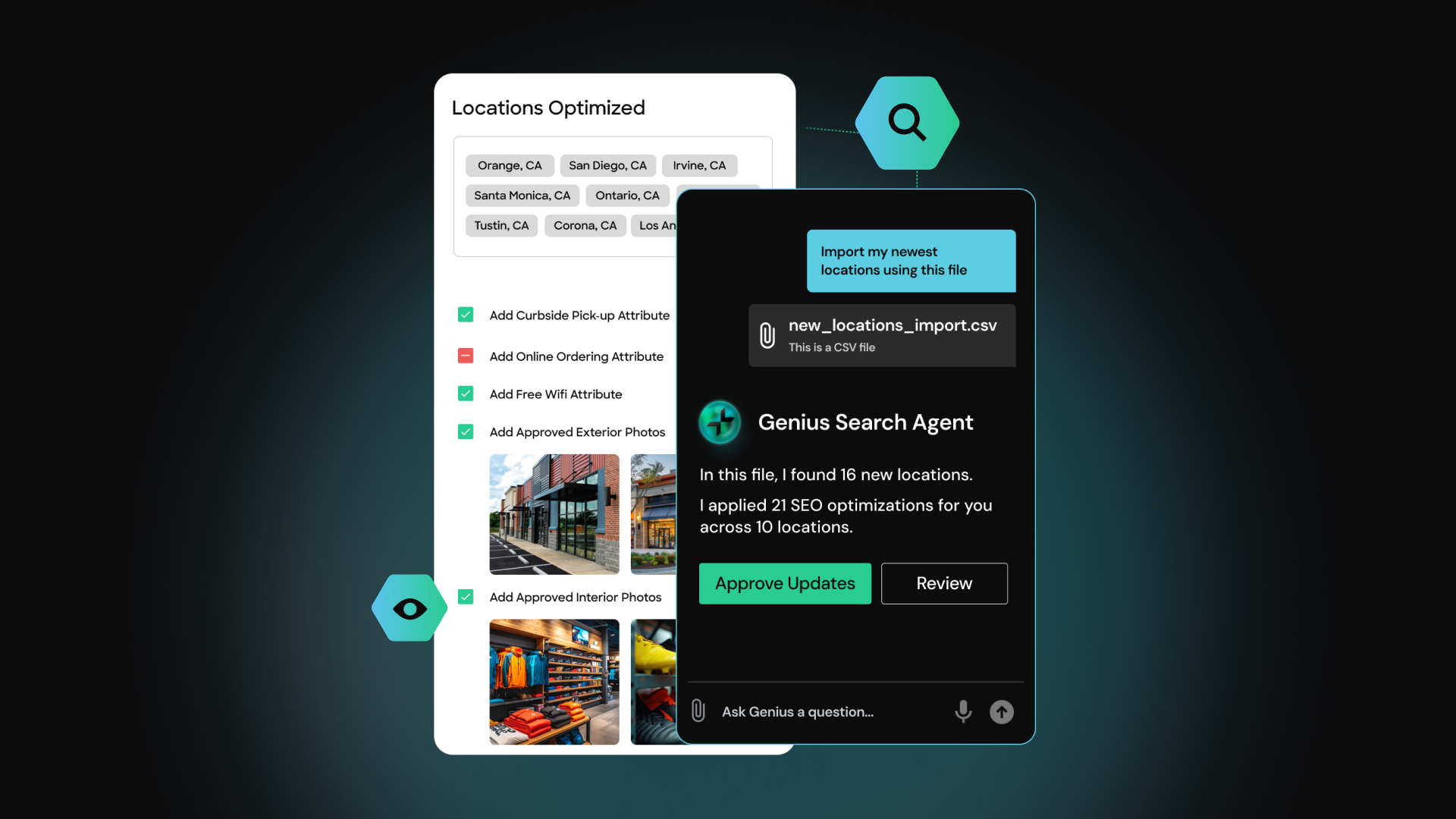Local Memo: Google’s Brand Loyalty Drops as AI Overviews Continue to Provide Terrible Answers
In this week’s update, we discuss Google’s Brand Loyalty Drops as AI Overviews Continue to Provide Terrible Answers, a Reminder that the Wrong Kind of Interstitial Can Tank your SEO, and Open AI Plans to Integrate SearchGPT into ChatGPT.
Google’s Brand Loyalty Drops as AI Overviews Continue to Provide Terrible Answers
The News
AI Overviews seem to be back with a vengeance. Not that they ever left, but they seem to be appearing a lot more often after being dialed back in response to criticisms about bad answers to YMYL (Your Money or Your Life) queries at launch. The only issue is, the information it provides can still often be wrong or misleading (or both).
Lily Ray, VP of SEO Strategy & Research at Amsive, suggests a large proportion of citations from LinkedIn Pulse as part of the problem. Anyone can submit articles about anything they want. And affiliate links are allowed.
In the example she cited, the query “how to find a wife” triggered an AI Overview with a mild religious bias that cited a LinkedIn Pulse article filled with affiliate links.

One wonders if all these bad answers could be one of the many contributing factors to Google’s rather striking decline in brand loyalty per the latest Brand Loyalty index published by research firm Brand Keys.

Why This Matters
Bad answers can continue to erode trust and brand loyalty, and push users to alternate sources like trusted social media channels and new search options like SearchGPT.
Additionally, Lily’s insight into Google’s reliance on LinkedIn Pulse citations could lead to a proliferation of articles created for the specific purpose of gaming Google’s AI Overviews.
A Reminder that the Wrong Kind of Interstitial Can Tank your SEO
The News
In a recent case study published on Search Engine Land, SEO Director and contributor Anna Crowe reminded us that the wrong kind of interstitial on your website can tank your search visibility.
In 2017 Google rolled out the intrusive mobile interstitial penalty, which places a ranking penalty on interstitials (i.e. popups) that appear when a web page loads and obscures the user’s view of the content. The penalty is intended to lower the ranking of websites that make it difficult for users to access content.
Examples of bad mobile interstitials include pop-ups that cover the main content, or standalone interstitials that users must dismiss before accessing content.

Anna’s case study focused on a client who (against her advice) launched a mobile and desktop pop-up for all United States visitors that Google would likely deem as “bad” — a large promotional pop-up that appeared immediately upon page load and prevented the user from accessing the page content until they interacted with it. Within a month, that client lost 82% of desktop organic traffic, and up to 97% of keywords to their homepage.

A followup is promised when more data is available on the impact of removing the interstitial and recovery.
Why This Matters
We’ve seen a rise in the use of interstitials on local landing pages to promote deals or quickly capture leads. These intrusive interstitials may not only be affecting your page ranking, but also your Google Business Profile ranking as well.
Instead of interstitials, Google recommends the use of banners that take up only a fraction of the screen to grab your customers attention. Per Google, “Following these best practices will help your users have a good experience on your site, in addition to helping Google Search understand the content and structure of your site.”
Open AI plans to Integrate SearchGPT into ChatGPT
The News
Open AI announced its plans to integrate SearchGPT into ChatGPT before the end of the year in order to provide real-time information and source citations directly to the chatbot. They claim this will create a more personalized and conversational search experience, one that will likely bring more users to its already robust user base.
A recent survey conducted by investment banking firm Evercore found that 8% of 1300 US participants now rely on ChatGPT as their “go-to search engine.” That’s up from 1% in a previous survey.
Why This Matters
OpenAI noted it is also working with publishers to provide access to tools for managing how their content appears in SearchGPT results. Hopefully this will include tools for local businesses to validate their information directly with Open AI, and will include options for services, attributes, menus, products, etc. We will be keeping a close eye on this one as the integration date approaches.







